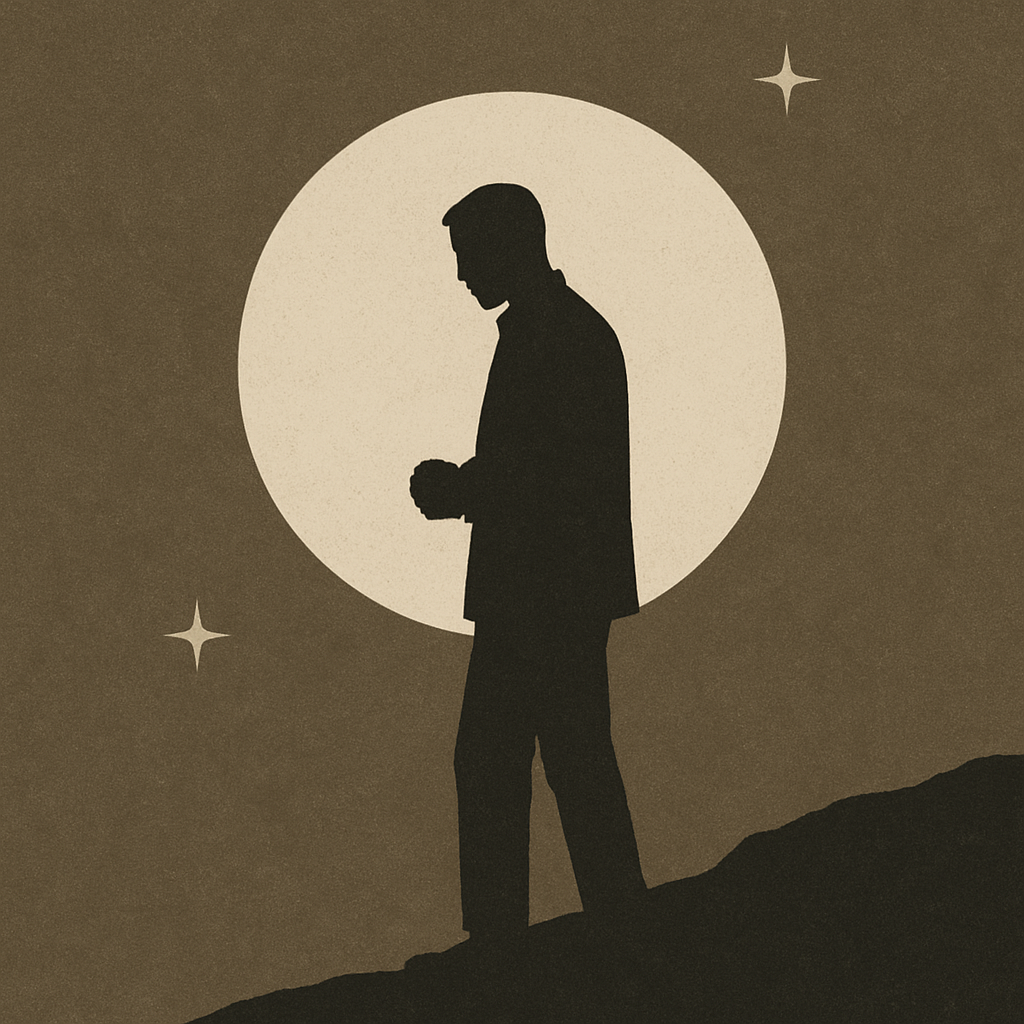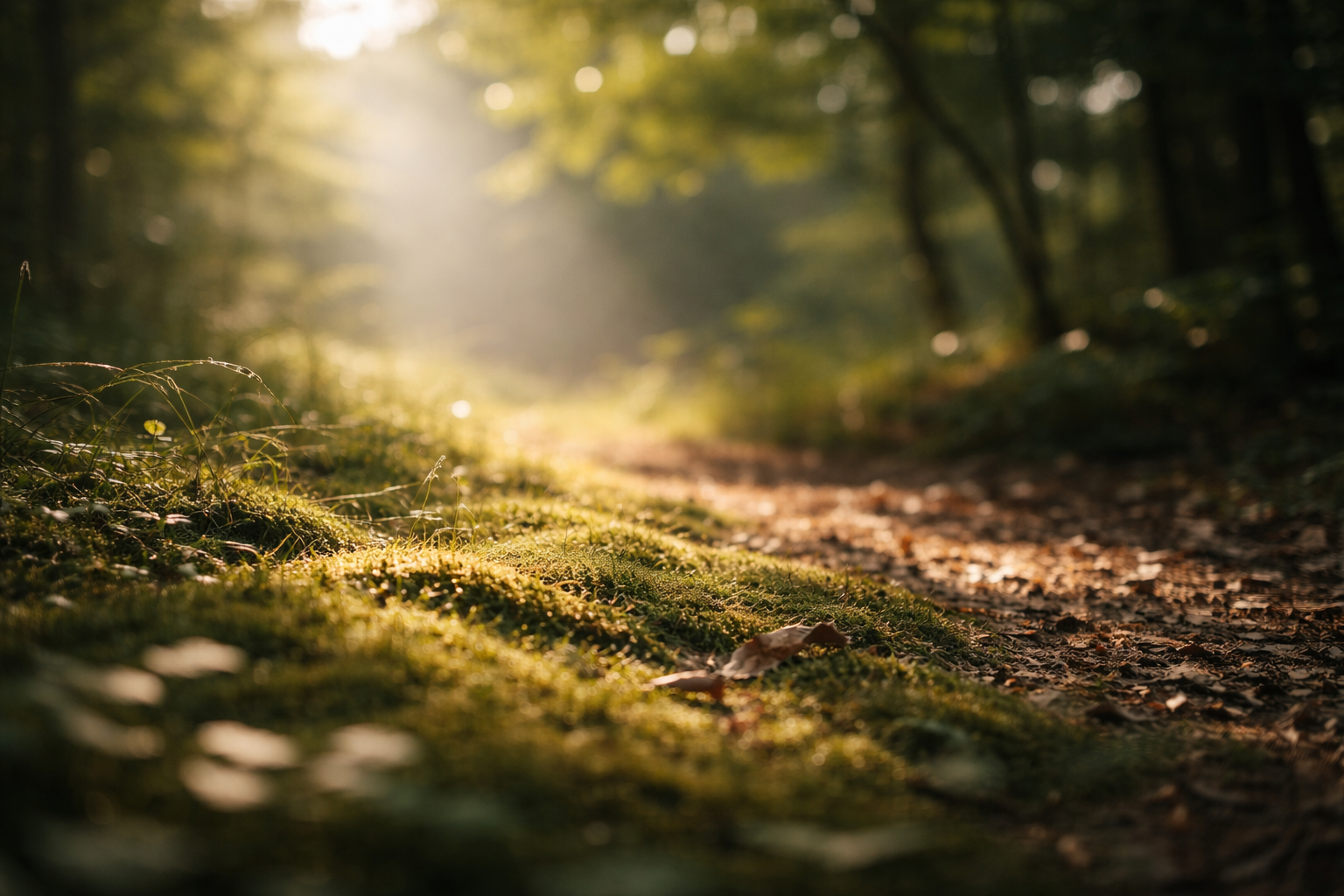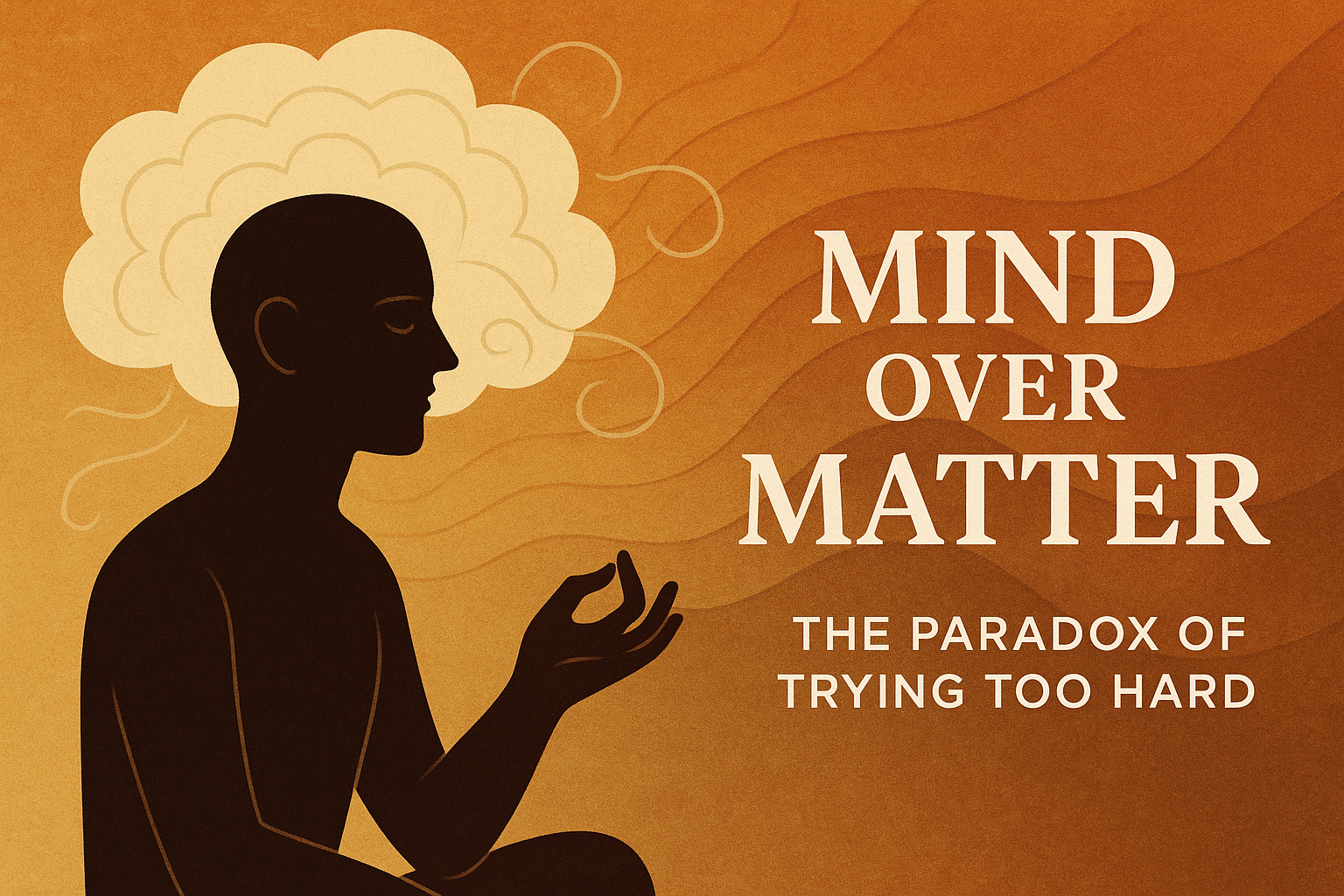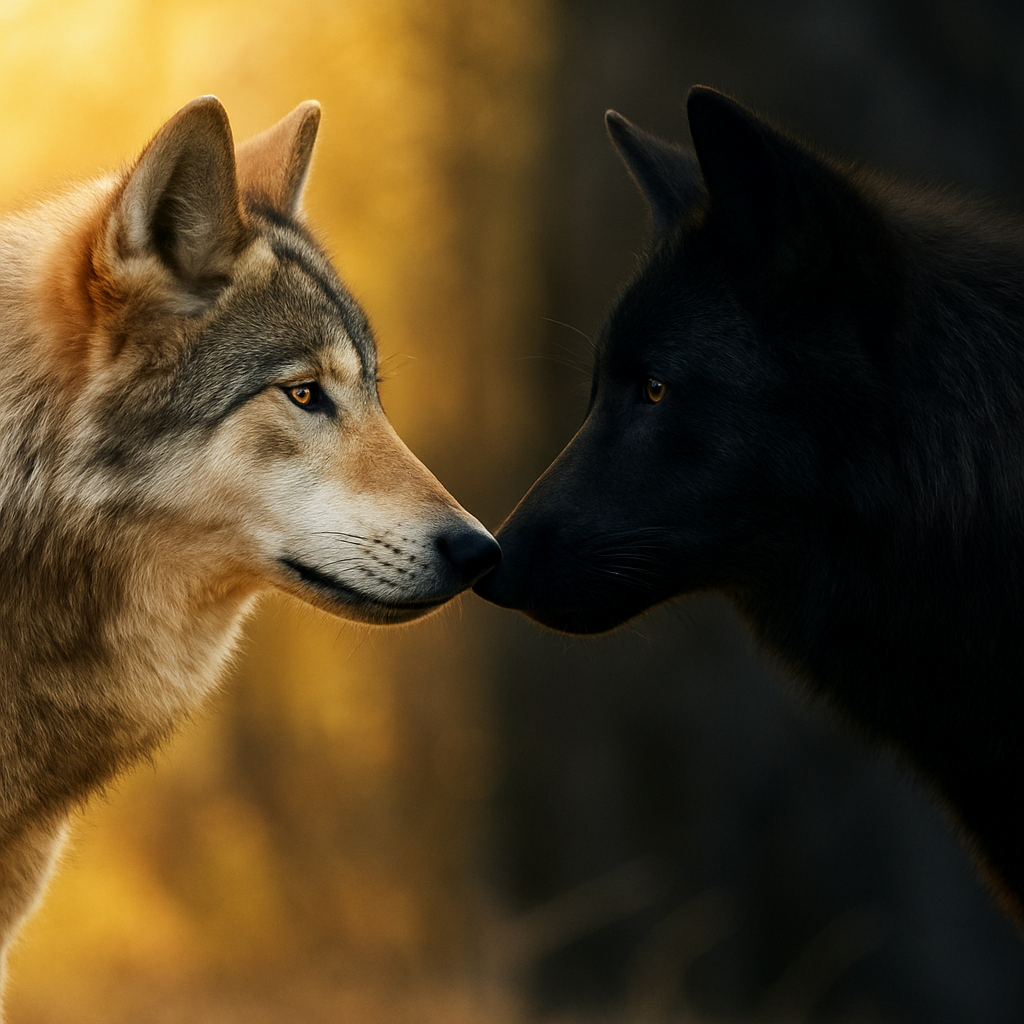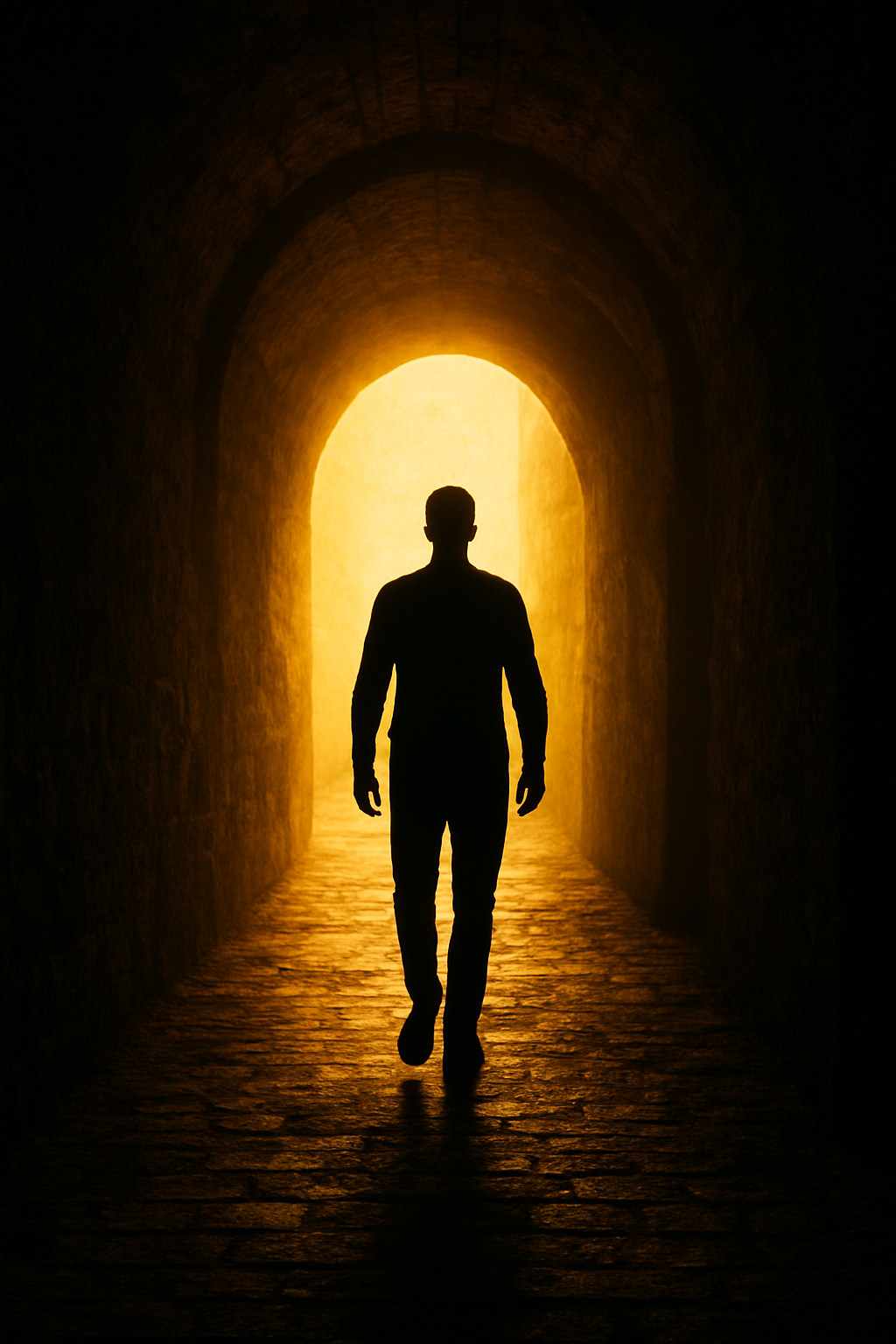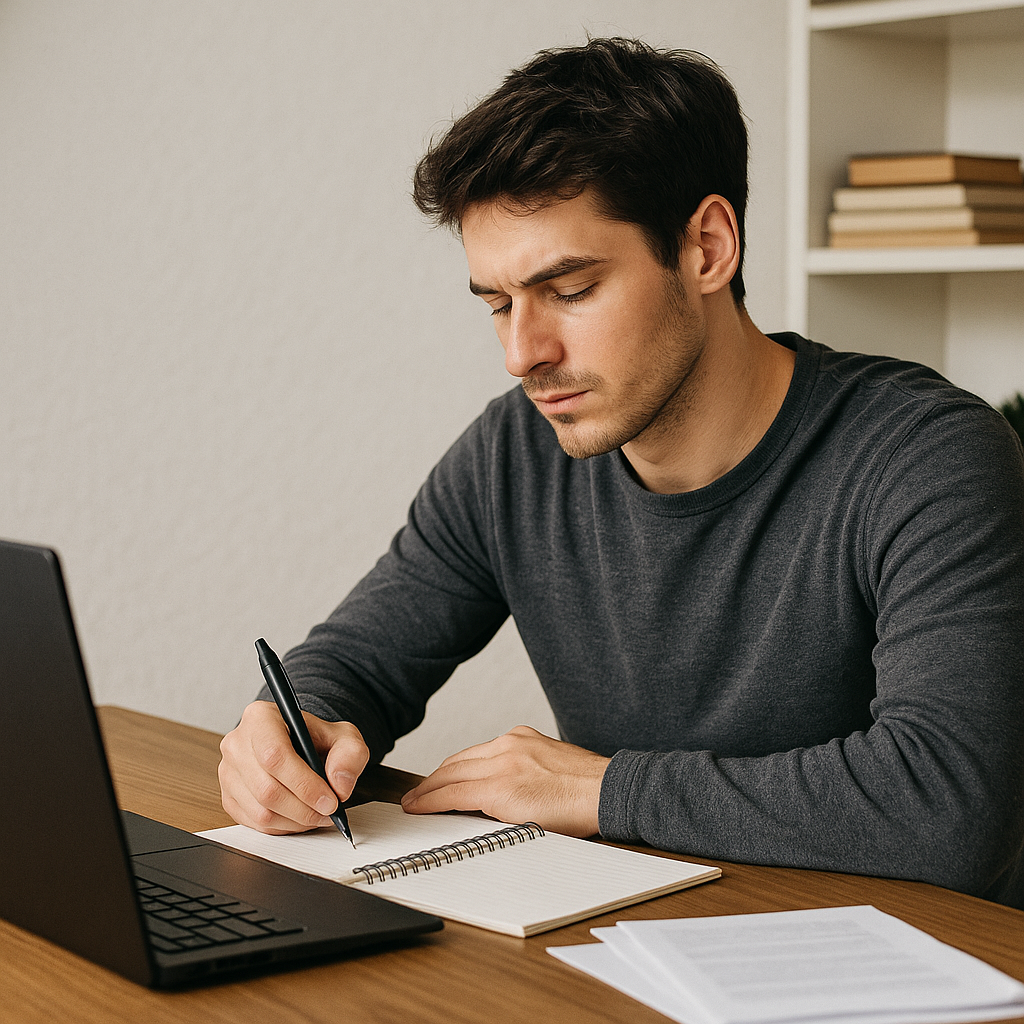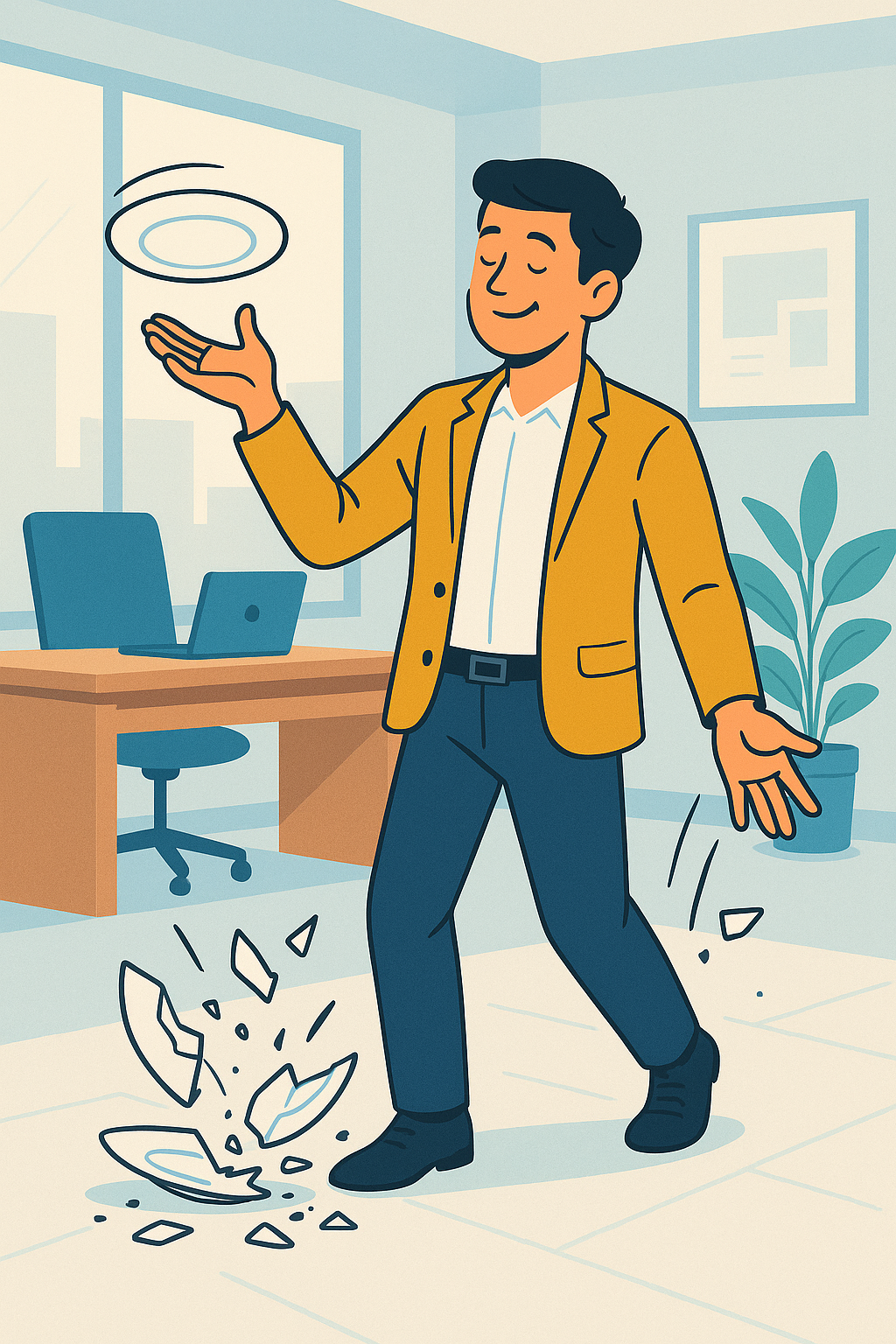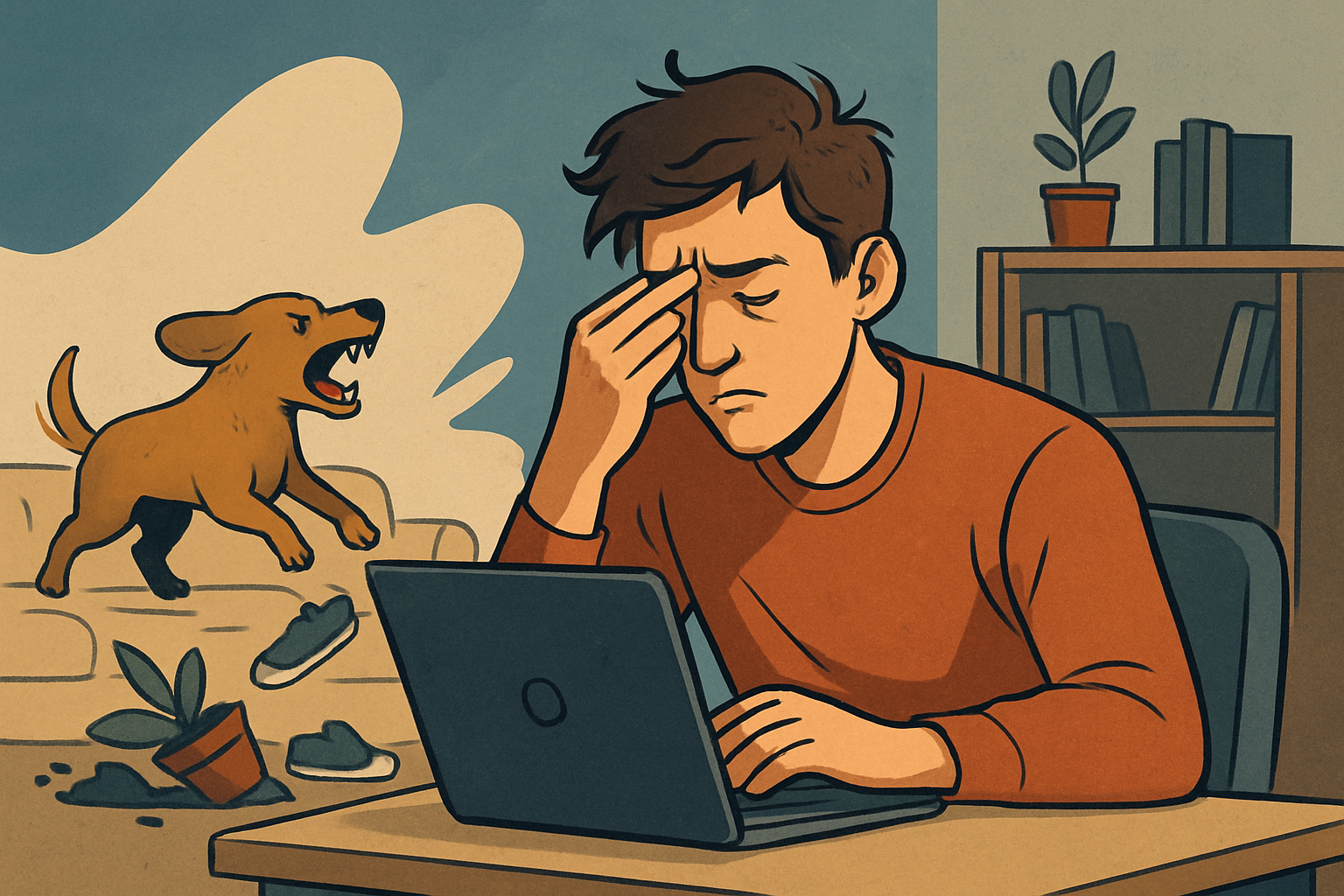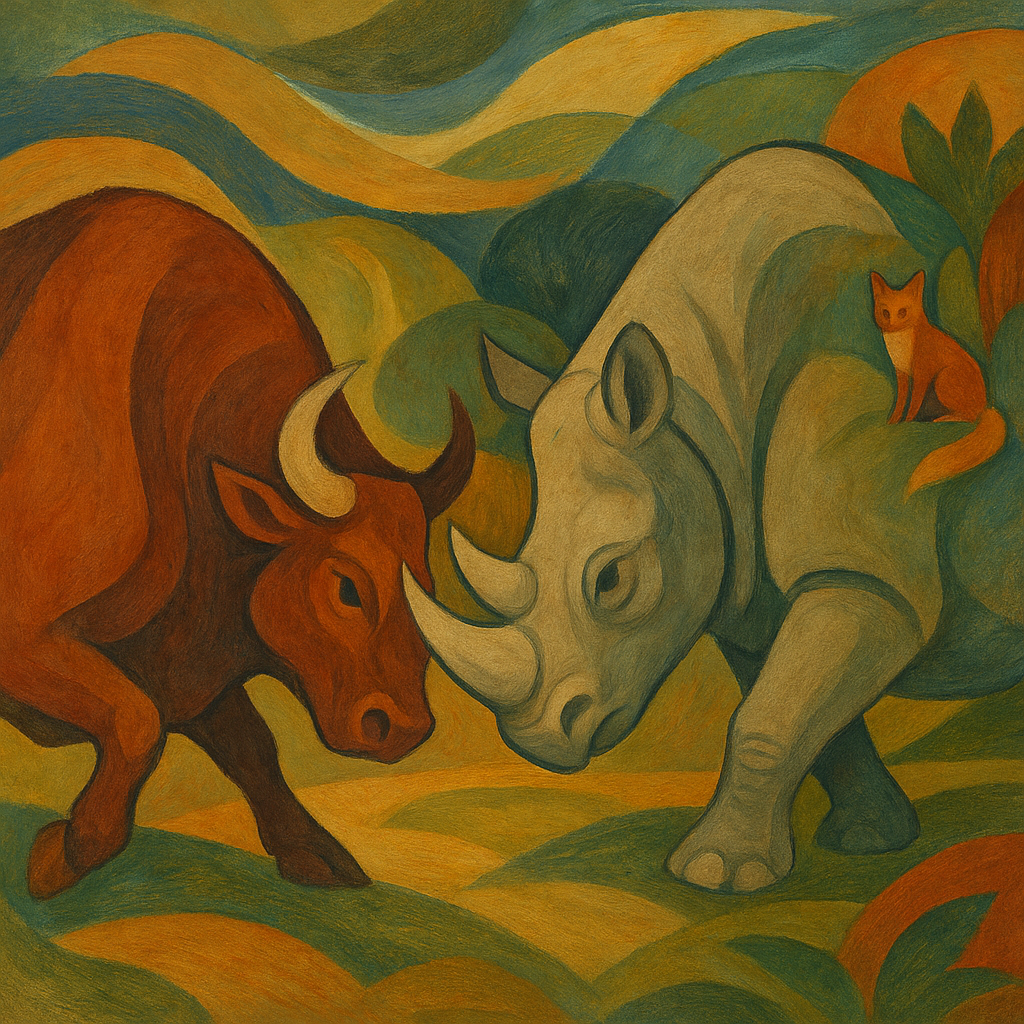The Unknown
The Only Place Where You Can Find What You Never Knew You Were Looking For
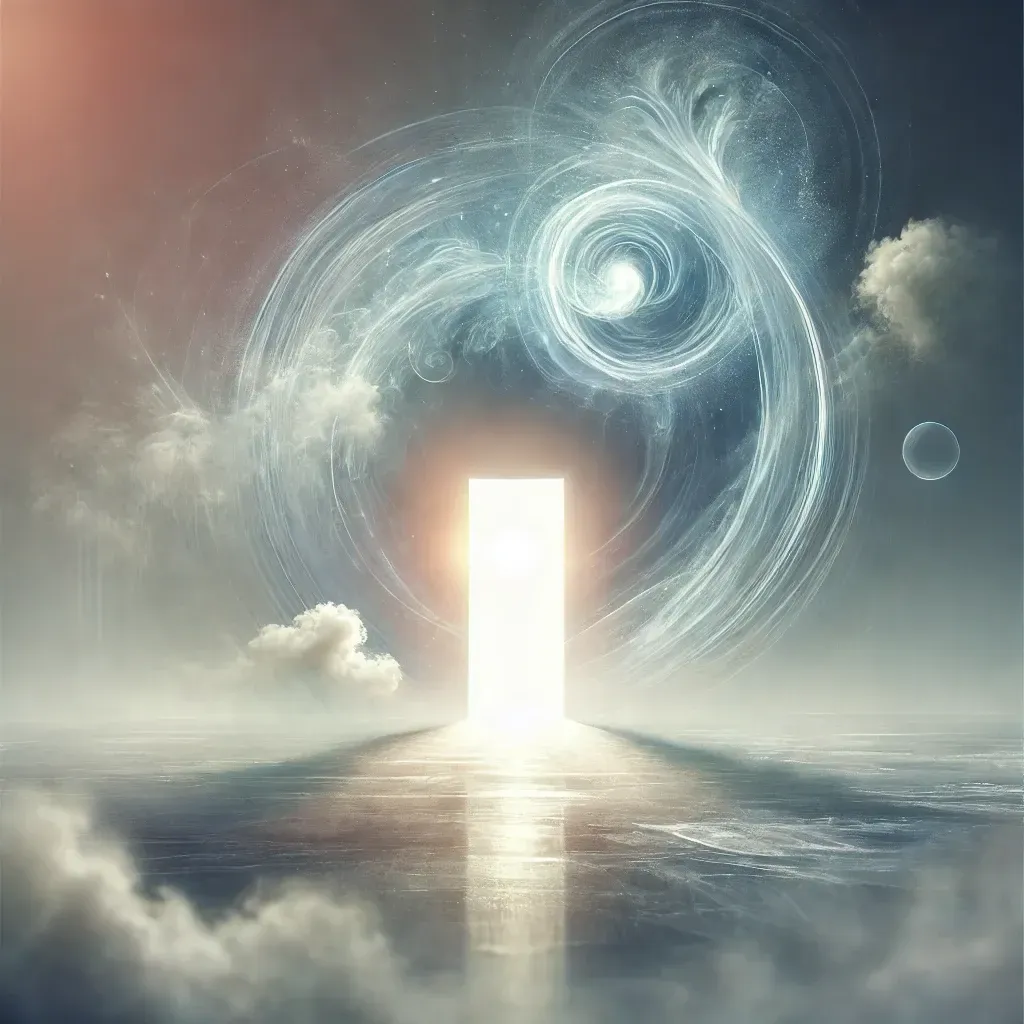
Life is full of questions, uncertainties, and moments when we simply don’t know what comes next. It’s easy to shy away from the unknown, seeking the comfort of what we already understand. But here’s an intriguing idea: the unknown is the only place where you can truly discover what you never knew you were looking for. It’s in this space of uncertainty that life’s most profound insights, connections, and opportunities are found.
1. Embracing Uncertainty as a Path to Growth
The unknown has a way of shaking up the familiar. It disrupts our routines, questions our assumptions, and challenges our comfort zones. While this can feel unsettling, it’s precisely in this disruption that growth happens. When we step into the unknown, we invite new experiences that can change us in ways we never imagined. It’s where we discover strengths we didn’t know we had, form connections we didn’t know we needed, and stumble upon passions that ignite something deep within us.
Imagine the most pivotal moments of your life—the ones that changed your path or reshaped how you see the world. Often, these moments began with uncertainty, a question mark, or a leap of faith. The unknown is where growth begins because it pushes us beyond what we think we know and into what’s possible.
2. Letting Go of the Need for Control
One of the reasons the unknown can feel daunting is that it strips us of control. We like to know where we’re headed, how things will turn out, and what we should expect. But when we insist on controlling every aspect of our journey, we limit ourselves to only what we can already imagine.
Letting go of control means accepting that we don’t have all the answers—and that’s okay. It means trusting that the path will reveal itself step by step. In the unknown, there’s freedom. It’s the space where we allow ourselves to be surprised, where we don’t force outcomes but let life unfold in its own mysterious way. This is where the unexpected gifts of life come from—the ones that were never on our meticulously crafted plans but were exactly what we needed.
3. The Surprising Power of Curiosity
Stepping into the unknown requires curiosity—a willingness to ask, “What if?” instead of “What now?” Curiosity is what turns the unknown from something intimidating into something inviting. It’s the inner voice that says, “I wonder what would happen if I tried this,” or “I’ve never done this before, but let’s see where it leads.”
Curiosity leads us into experiences we didn’t plan for but often cherish the most. It’s what nudges us to talk to a stranger who becomes a friend, pursue a hobby that turns into a passion, or take a detour that leads to an unexpected adventure. When we approach the unknown with curiosity, we open ourselves up to finding what we didn’t even know we were searching for.
4. Finding What You Didn’t Know You Needed
Sometimes, we don’t know what we need until it finds us. The unknown is full of potential encounters, lessons, and insights that are only possible when we step outside of what’s predictable. Think about the moments in life when you stumbled upon an answer or a realization that changed everything, even though you weren’t looking for it. Maybe it was a book recommendation that altered your perspective or a chance meeting that sparked a new idea. The beauty of the unknown is that it holds these moments, waiting for us to discover them.
By embracing the unknown, we allow life to surprise us in the best ways. We may not find exactly what we’re looking for, but we often find what we truly need—things we couldn’t have foreseen or planned.
5. Trusting the Journey Without a Map
Navigating the unknown means learning to trust the journey without knowing the destination. It’s about finding comfort in discomfort and realizing that each step, even the uncertain ones, is part of a bigger picture. Trusting the journey means recognizing that not everything needs to be planned or certain to be valuable. Sometimes, the greatest experiences come from following our intuition, even when logic says otherwise.
This trust can be challenging to build, especially in a world that values certainty and results. But learning to walk confidently into the unknown teaches us resilience. It shows us that we’re capable of handling whatever comes our way and that the path, no matter how unpredictable, will unfold as it should.
6. The Richness of Not Knowing
There’s an unexpected richness in not knowing, in being open to the idea that something wonderful might be just around the corner. The unknown is where life’s magic happens—the unexpected moments that remind us that life is more than a checklist or a straight line. It’s a dance of possibilities, where every step could lead to something new and meaningful.
When we embrace not knowing, we stop seeing the unknown as an obstacle and start seeing it as an opportunity. It’s not just a space to navigate; it’s a space to explore, experience, and grow.
Final Thoughts
The unknown is the only place where you can find what you never knew you were looking for. It’s a space full of potential and possibilities that can’t be mapped out or planned in advance. By stepping into the unknown, embracing curiosity, letting go of control, and trusting the journey, we open ourselves up to a world of discoveries, connections, and growth that enrich our lives in ways we couldn’t have anticipated.
So the next time you face uncertainty, remember that it’s not something to fear but an invitation. An invitation to explore, to grow, and to find what you didn’t know you needed. The unknown is where life happens in its fullest, most unexpected form. Step into it, and see what treasures it holds for you.
Share
